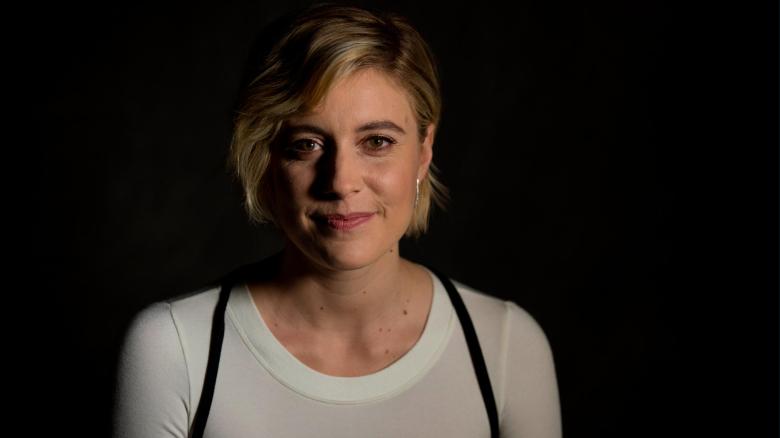The women who helped Greta Gerwig land in the directing chair
Updated 1855 GMT (0255 HKT) February 22, 2018
(CNN)"The best movies point at the truth... I think that's what I'm always looking for when I go to the movie theater is a filmmaker revealing something to me that I think that's true, that's right."
Greta Gerwig didn't have a "Marvel movie" budget for "Lady Bird," but anyone who's ever raised a teenage girl can attest the film is about something heroic nonetheless.
"I think mother-daughter relationships, as most complex female relationships in women's stories, go untold because there is a lack of female creators who are given big canvases to work on," she said.
Gerwig is inspired by her peers, who by her side are making sure that changes, from "Mudbound" director Dee Rees and "Detroit" helmer Kathryn Bigelow to "Novitiate" director Maggie Betts and Valerie Faris, one half of the "Battle of the Sexes" directing team.
Gerwig says that between her days at an all-girl high school and later at Barnard College, she came up in an environment where "the question wasn't 'what's the least you can do as a woman?' but 'what's the most you can do?'"
It taught her how to "keep jumping higher" when a high bar was set. She tried to never let self-doubt get in the way of her goals in the industry, including making the leap from acting to feature film directing, "because I had been given so many opportunities and I had so many women before me come up and pull me up."
"I met people who were willing to take the time to explain to me how they were lighting a shot, or how they were deciding to boom a scene to capture the sound ... that was invaluable to me," she said. "After 10 years of watching and learning, I felt like I was ready and I felt like I owed it to all of my women's education to do it."
"Lady Bird" landed in a year when the conversation about the lack of female storytellers and the treatment of women within the industry came to a boiling point.
Gerwig acknowledged the "difficult" moment but expressed hope that it's a "transformative" one.
"I am hopeful. I have to be hopeful," she said. "When I meet girls, especially younger women who are teenagers or in their early 20s, who want to do this and I see how creative they are and how brilliant they are, I have to be hopeful for them."




